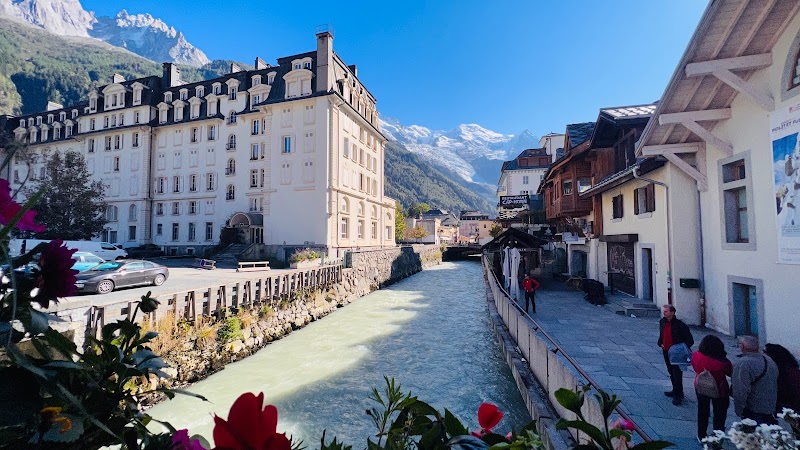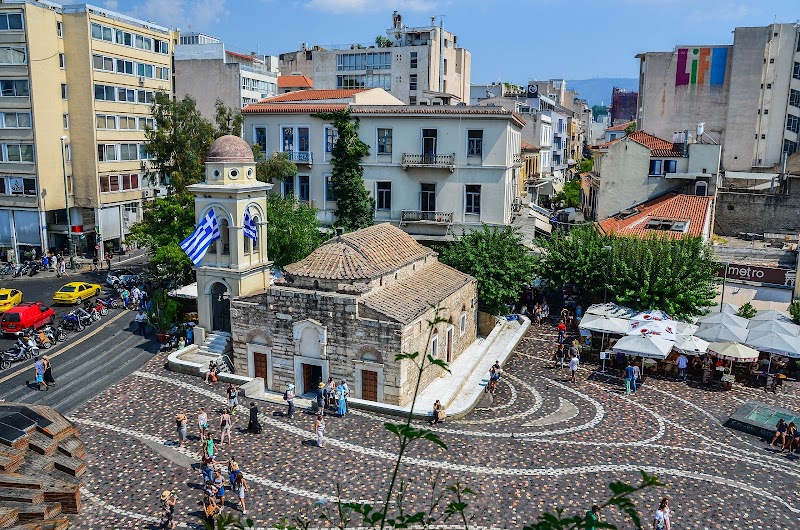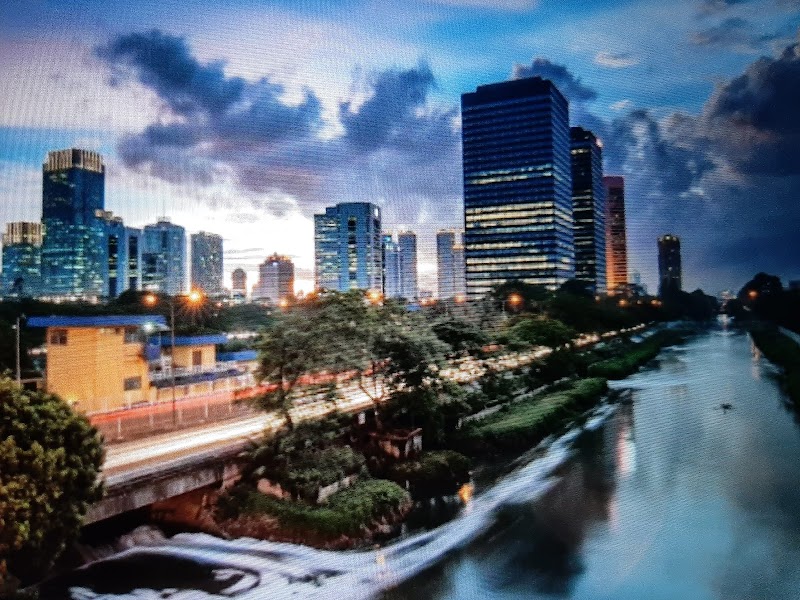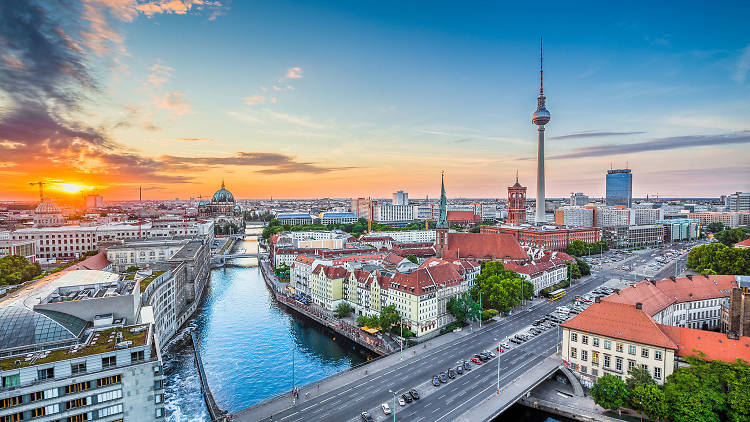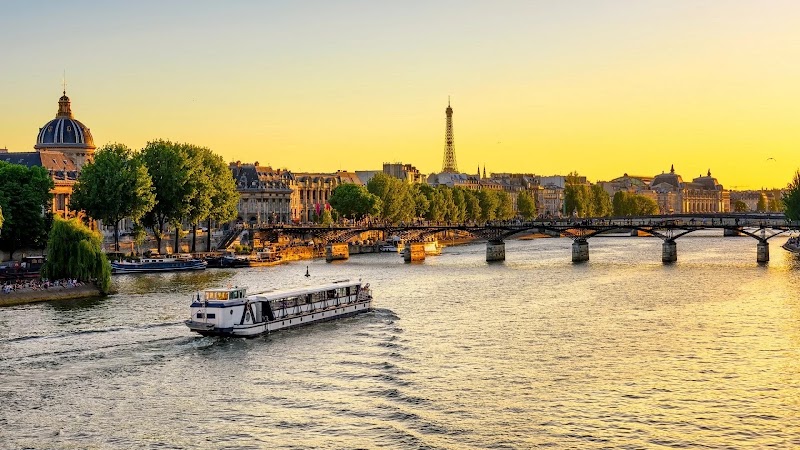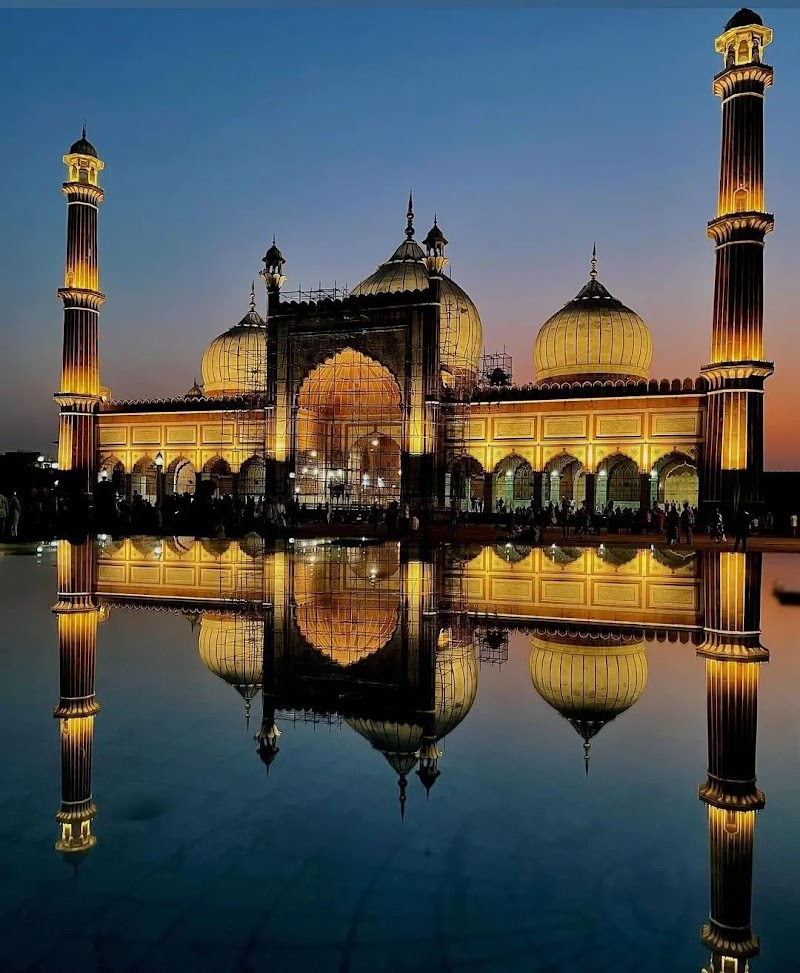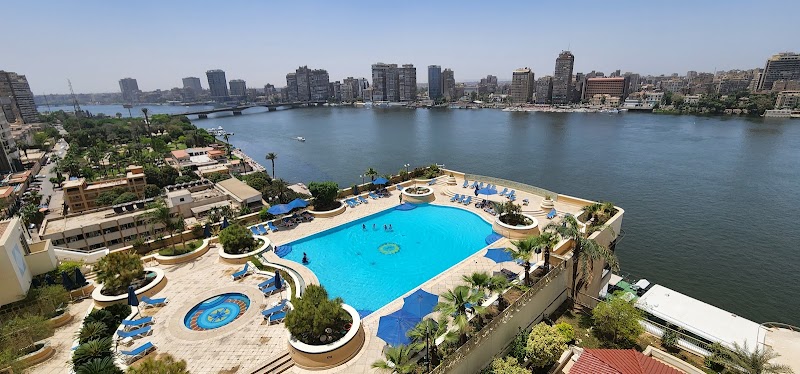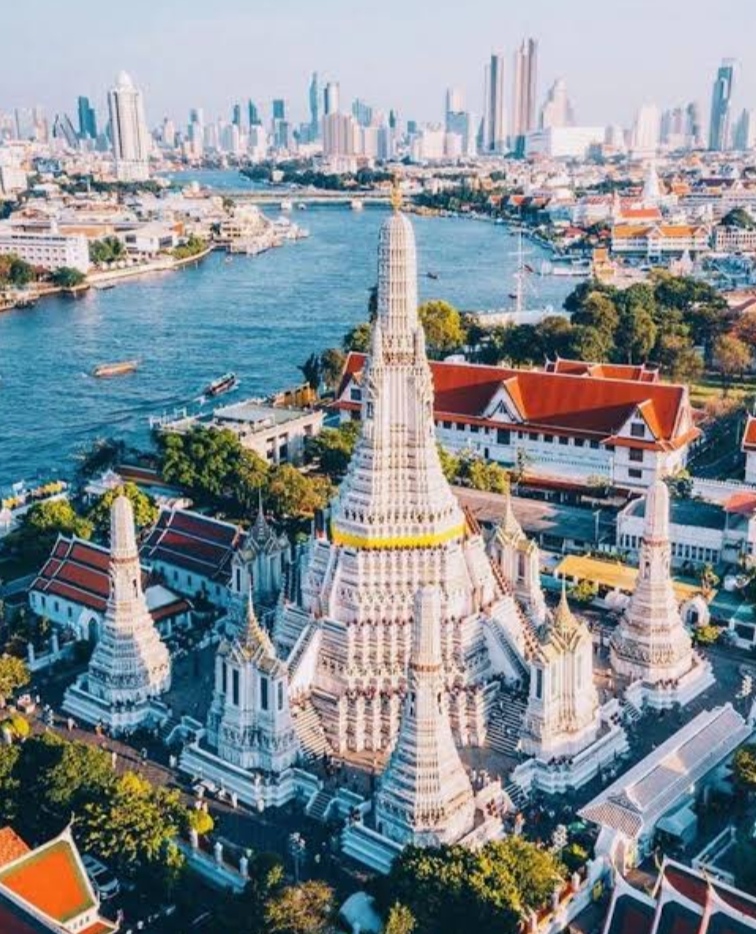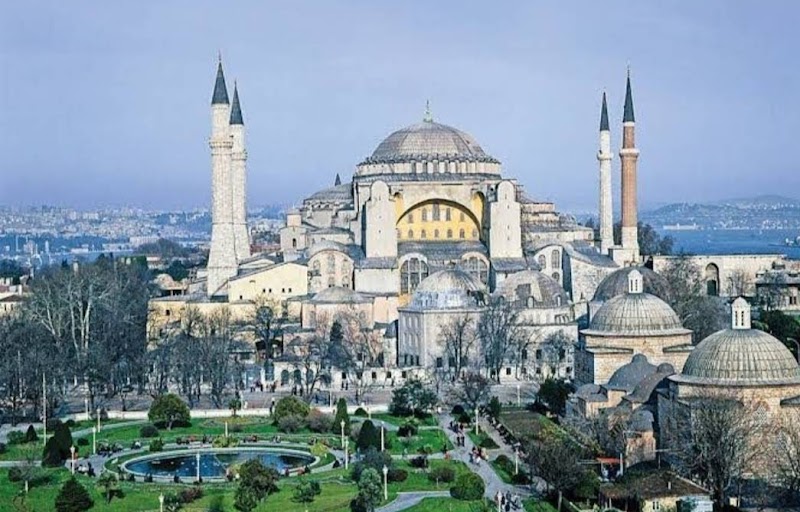Welcome to the French Alps
Did you know that the breathtaking French Alps stretch over 200 kilometers, offering some of the most magnificent landscapes in the world? This majestic mountain range boasts not only the highest peak in Western Europe, Mont Blanc, but also pristine lakes, charming alpine villages, and world-class ski resorts. The French Alps are a thrilling blend of natural beauty and exhilarating activities, a place where every turn in the trail reveals a view that takes your breath away.
Planning your adventure in this expansive natural wonderland might seem challenging. That's where the tourist map comes into play. Consider it as your personal guide, opening the door to a world of exploration and discovery. This handy tool will assist you in navigating the vast landscapes, ensuring you make the most of your journey through this magnificent mountain realm.
Booking.comUnraveling the Hidden Gems of the French Alps
While the French Alps are lauded for their world-class ski resorts and pristine lakes, there's so much more waiting to be discovered. From vibrant wildflower meadows to quaint artisanal cheese farms, the French Alps are truly a mecca for exploration and discovery.
Experience the Alpine Wildlife
One of the things that make the French Alps so special is its abundant wildlife. Immerse yourself in nature and catch a glimpse of the majestic wildlife, from the nimble chamois to the elusive lynx. This unique experience offers a different kind of thrill, far removed from the adrenaline rush of skiing or mountain biking.
Take a hike through the Vanoise National Park. Known as the heartland of alpine wildlife, it's the perfect setting to witness these creatures in their natural habitat. Remember, the beauty of wildlife lies in its unpredictability, so keep your camera ready!
Discover the Local Alpine Cuisine
Embark on a culinary journey through the French Alps. Known for its rich, hearty dishes and artisanal cheeses, the local cuisine here is deeply rooted in tradition. Savor a bowl of 'tartiflette', a comforting potato dish laden with creamy reblochon cheese, or relish the simplicity of a 'raclette', where melted cheese is scraped onto boiled potatoes and charcuterie.
Complement your meal with a glass of crisp Savoie wine, a regional specialty. With vineyards dotted across the alpine landscape, wine tasting is another must-do experience. The unique alpine soil lends these wines a distinct flavor profile that's hard to find elsewhere.
Explore the Rich History of the French Alps
The French Alps have a vibrant history that's as awe-inspiring as its natural landscape. From prehistoric rock carvings in Vallée des Merveilles to the medieval fortresses scattered across the region, history aficionados will be in for a treat. Make a stop at the Fort of Mont-Dauphin, a beautifully preserved fortress with a panoramic view of the surrounding valley.
Another must-visit is the Château de Chillon, a historic castle located on the shores of Lake Geneva. With its fairytale-like turrets and stunning lake views, it's a picture-perfect blend of history and natural beauty.
Remember, the French Alps are not just about snow-capped peaks and ski slopes. They offer a wealth of experiences that go beyond the conventional, promising an unforgettable journey through this mountain realm.
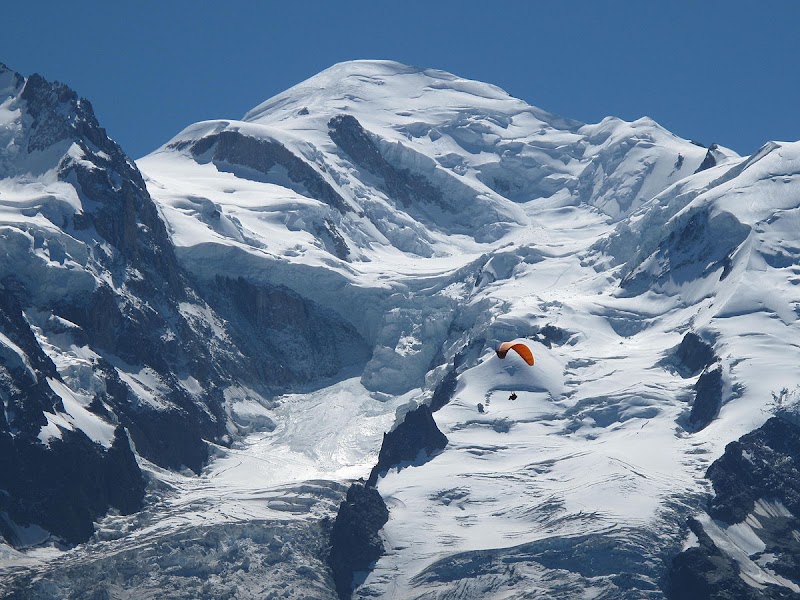
Practical Information for Visiting the French Alps
Transportation and Mobility
The French Alps are well-connected with various modes of transportation. High-speed TGV trains connect larger cities like Lyon and Grenoble to Paris in approximately 2 hours. For more remote areas, regional TER trains and bus services are available. If you're planning to explore extensively, consider renting a car for more flexibility. Always remember to check the weather conditions before driving in the mountains, as conditions can change rapidly.
Schedules and Prices
Mountain activities in the French Alps operate on a seasonal basis. Ski resorts typically open from late November to the end of April, depending on snow conditions, with peak season rates applying from late December to early March. For hiking, the best period is from June to September. Always check the specific opening times and prices for each activity on the official websites.
As for costs, day ski passes range between €30 to €60, while a week’s ski pass can cost up to €300, depending on the resort. Hiking trail access is usually free, but guided tours have a fee, varying from €20 to €50 per person.
Safety Tips
When exploring the French Alps, it's essential to respect the environment and follow safety guidelines. Always check the weather forecast before setting off, especially if you're planning a hike or ski trip. In winter, be aware of avalanche risks and ensure you have the necessary safety equipment. Always let someone know your plans and estimated return time.
Practical Recommendations
The French Alps offer idyllic yet rugged landscapes that can be intense for inexperienced visitors. Always come equipped with the right gear for your activities: warm, waterproof clothing for winter sports, and good hiking shoes and sun protection in summer. Also, keep in mind that the altitude can affect people differently, so take it easy on your first day and ensure you stay hydrated.
Best times to visit vary depending on your activities of choice: winter for skiing and snowboarding, late spring and summer for hiking, and autumn for experiencing beautiful fall colors. Nonetheless, each season in the French Alps holds its own unique charm and plethora of activities.
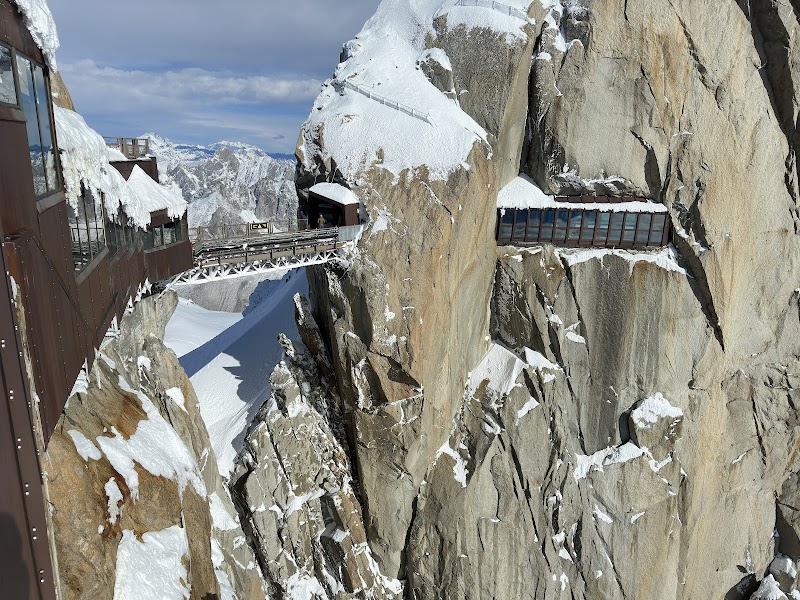
Frequently Asked Questions about the French Alps
1. Are there any specific etiquettes or customs I should respect when visiting the French Alps?
While the French Alps are known for their relaxed ambiance, it's essential to respect the local customs and traditions. For instance, greeting people with a simple "Bonjour" (Good day) or "Bonsoir" (Good evening) can go a long way in establishing a friendly rapport. In mountain huts, it's customary to leave your outdoor shoes at the entrance and switch to slippers. Always remember to respect the flora and fauna, and adhere to marked trails to prevent erosion.
2. I have dietary restrictions. How accommodating are restaurants in the French Alps?
Restaurants in the French Alps are increasingly catering to diverse dietary needs. Many establishments offer vegetarian, vegan, and gluten-free options. However, it's advisable to communicate your dietary restrictions in advance, especially in remote mountain huts or smaller establishments. French phrases like "Je suis végétarien" (I am vegetarian) or "Je suis allergique au gluten" (I am allergic to gluten) can be helpful.
3. Can I visit the French Alps with my pet?
Yes, you can bring your pet to the French Alps, but some restrictions apply. On public transportation, small pets usually need to be in a carrier, while larger dogs may require a muzzle. In national parks, dogs are often not allowed, even on a leash, to protect wildlife. However, many hiking trails and accommodations outside these areas are pet-friendly. Always check specific regulations in advance.
4. What can I do in the French Alps if I don't ski?
Fear not, the French Alps are a year-round destination offering a wealth of activities beyond skiing. You can indulge in hiking, mountain biking, rock climbing, or paragliding in the summer. Visit historical sites like the Abbey of Saint Jean d'Aulps or explore the charming alpine villages. Don't miss out on local culinary experiences and wine tastings in Savoie.
5. How can I make my trip to the French Alps more sustainable?
Opting for eco-friendly travel choices can make your trip to the French Alps more sustainable. Choose local, organic food where possible, and respect the Leave No Trace principles while hiking. Consider using public transport or carpooling to reduce your carbon footprint. Many chalets and hotels in the region are committed to sustainability, offering eco-friendly accommodations.
6. Are the French Alps suitable for families with children?
The French Alps are a fantastic destination for families, with a plethora of activities to keep children engaged. Many ski resorts offer ski schools for children, and there are numerous family-friendly hikes. Adventure parks, like the Forest Adventure in Tignes, provide thrilling activities like zip-lining and tree climbing. Educational visits to cheese farms or honey producers can also be a hit with the little ones.
